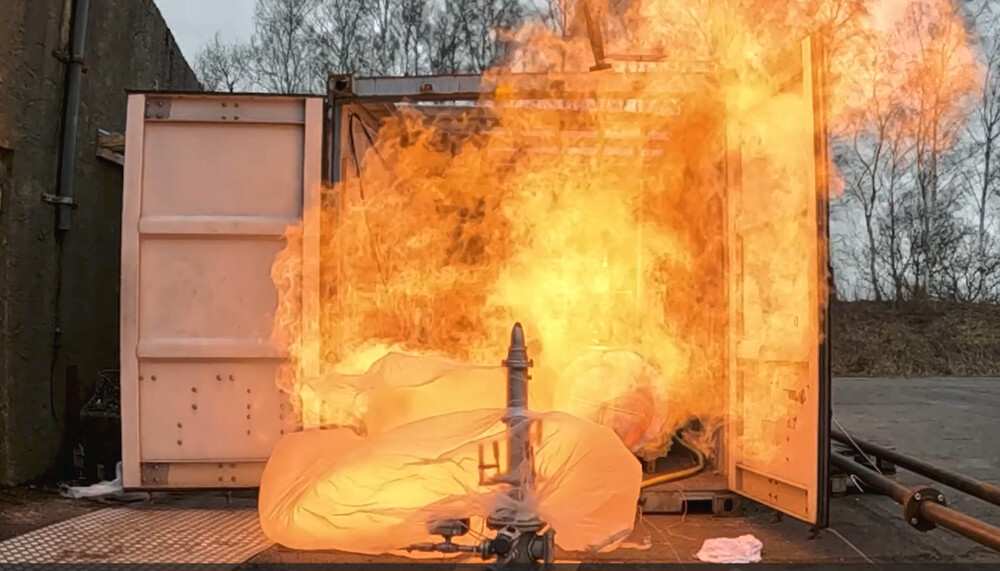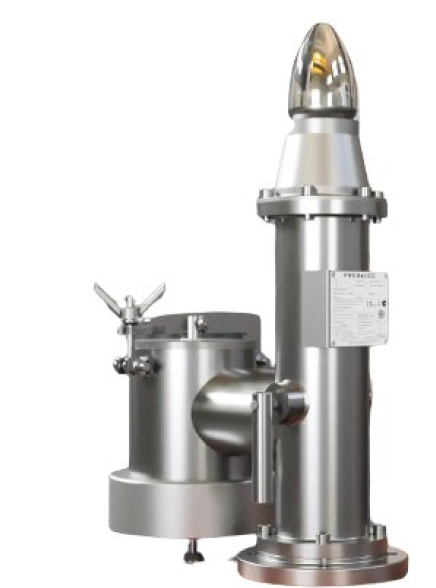Newly released revision of the IMO/677 concerning high velocity pressure vacuum valve
The revision of the IMO/MSC/circ.677 has been underway for some years now and is the result of the various working groups inside IMO and ISO. This is highly important for all IMO classified tankers and dual-fuel prepared vessels. Whether it is EU-flagged vessels or not, this update is now the minimum requirement for all vessels where the IMO/MSC.1/Circ.677/Rev.1 is applicable and mandatory
We have the following comments, which will have a direct impact on the way valves,
flame arresters, and detonation arresters are defined in the specification for ships.
where the device is to be installed on December 4th, 2026, and later.
This means that the Yards should include this in the specification, already now.
The changes/updates are:
- ISO15364:2021 All high velocity pressure vacuum valves shall be defined in
the type-approval certificate, with the actual setting at which they intend to
install the valve on each project. Which means that valves need to be tested
for each setting and approved by the authorities. - According to ISO15364:2021, the leakage in appendix J is now formative, meaning
that the leakage of the valves installed should be less than the allowable leakage
shown in the table in appendix J. The result of the leakage test shall be visible
on the FAT delivered with the valves. - High velocity pressure vacuum valves shall be fire/flame and flash back tested on the actual
length on which they are intended to be installed according to the ISO16852:2016
referred to in ISO15364:2021.
All high-velocity pressure vacuum valves to be installed on a vessel smaller than
18 kdwt shall, in addition, be endurance burn tested.

On the type-approval certificate, the following in connection with this update should be visible:
- ISO15364:2021.
- ISO16852:2016.
- The actual setting for the specific project.
- The MESG value applicable for the specific project.
- Break off ICE thickness.
- Minimum pipe diameter for each size.
- Max pipe length allowable.

Example of data required on the type approval certificate:
| Model | Opening setting | Outlet diameter | Minimum pipe diam., D in mm | Maximum pipe length, L | Explosion group IIB | Max. ice cap thickness, T |
If you want to read the full statement from IMO, you can download it here.
Contact us
By filling out this form, your request will be shared directly with our experts. We will reply as soon as possible.